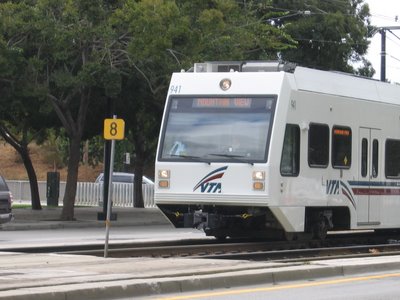 It's no surprise that mainstream media is ramping up coverage of the campaign to expand modern mass transit in cities across the greater Great Lakes. What's news is 'where' in the media the stories are starting to pop up: the business section.
It's no surprise that mainstream media is ramping up coverage of the campaign to expand modern mass transit in cities across the greater Great Lakes. What's news is 'where' in the media the stories are starting to pop up: the business section.Rapid transit increasingly is viewed as part of a comprehensive strategy to generate jobs, reduce the cost of traffic congestion, and build cities capable of attracting top talent to compete in the global knowledge economy.
Minnesota Public Radio gets it. In a recent story, MPR reports in the business section how Minnesota voters approved a dedicated motor vehicle sales tax to help boost investment in transportation infrastructure, including public transit. But the story quickly turns to question whether the $60 million a year generated by the new tax will be enough to keep pace with Denver, Portland, and other growing cities investing heavily in public transit in search of a competitive edge in the new economy.
"This year Dallas is getting $700 million of federal money to build their transit corridors," State Representative Alice Hausman told MPR. "Dallas is one of our economic competitors."
Indeed, so is St. Louis, Salt Lake City, Washington, DC, and other U.S cities who now are expanding mass transit service far faster than the Twin Cities and the majority of Great Lakes cities.